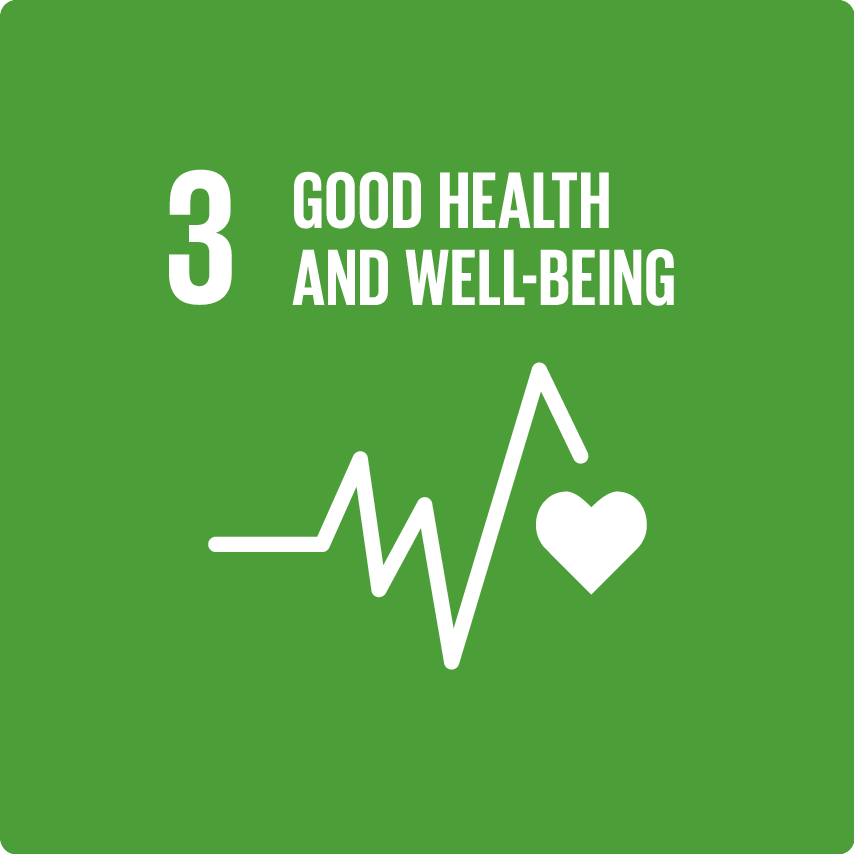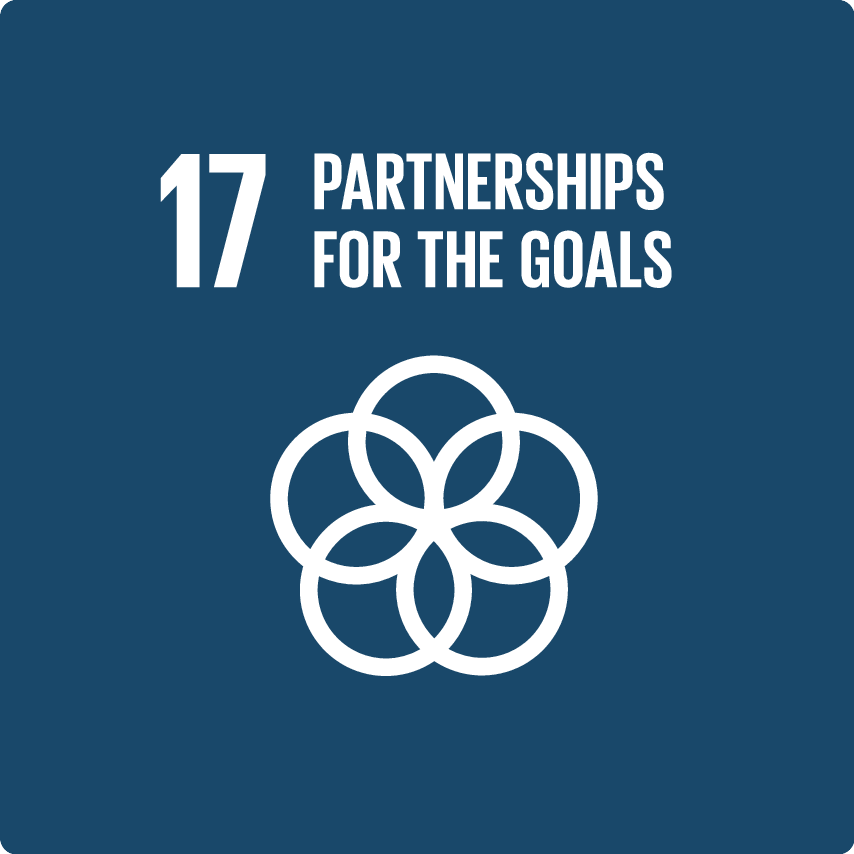IAEA and IFPMA Comprehensive Cancer Control in LMICs
Ensuring cancer is a health priority at national and global levels, and supporting stronger health system capacities to ensure overall cancer information and care is available in low and middle income countries (LMICs).
SEE ALL PARTNER ORGANIZATIONS
Objectives
- To ensure cancer is a health priority at national and global levels.
- Support stronger health system capacities to ensure overall cancer information and care is available in low and middle income countries (LMICs).
What are the health needs and challenges?
Cancer has reached epidemic proportions worldwide. Globally, it kills more than 8.2 million people every year, which is more than the total fatalities from HIV/AIDS, tuberculosis and malaria combined. The majority of deaths occur in LMICs and it is projected that more than 9 million people in these countries will lose their battle with cancer annually by 2030. In addition to demographic and lifestyle changes, LMICs suffer from a poor or non-existent cancer control infrastructure as well as a shortage of sufficiently trained human resources. This partnership is the first collaboration of its kind and will open further possibilities for joint public-private efforts to curb cancer.
Partnership activities and how they address needs and challenges
IFPMA and its members, with an additional contribution from Bristol-Myers Squibb, support the International Atomic Energy Agency’s Programme of Action for Cancer Therapy (PACT) to promote comprehensive cancer control. It will focus on critical areas including awareness raising, resource mobilization, and capacity building.
This collaboration is centred on helping to ensure cancer is a health priority at national and global levels, and supporting stronger health system capacities to ensure overall cancer information and care is available in low and middle income countries (LMICs).
This initiative will help IAEA’s PACT programme engage with private partnerships to support and raise funds for comprehensive cancer control projects and to implement communication and awareness raising strategies in LMICs. The two organizations will also collaborate on training and educating the healthcare workforce in LMICs to improve cancer control and invest in healthcare solutions.
Results and milestones
In addition, the initiative will help strengthen the Virtual University for Cancer Control (VUCCnet) – a PACT online service that provides cancer related courses adapted to suit cancer services available in the four participating countries. It offers customized, accessible, high-quality, and freely available training across all stages of the cancer care continuum.
VUCCnet courses are designed to develop the skills of medical professionals and offer master level courses to complement student learning. VUCCnet is in the process of further developing its curriculum, which has been rolled out in 33 sub-Saharan African countries after a successful pilot phase. To date, the service has trained over 500 African health professionals and potentially reached over 10,000 cancer patients.
Bristol Myers Squibb is no longer an active member of this initiative.
Geographic Reach
- Africa
- Eastern Mediterranean
Disease Area
- Non-communicable diseases
Partner organizations
International Atomic Energy Agency (IAEA)
Additional resources
Geographic Reach
Africa
- Angola
- Benin
- Botswana
- Burkina Faso
- Burundi
- Cabo Verde
- Cameroon
- Central African Republic
- Chad
- Comoros
- Congo
- Côte d'Ivoire
- Democratic Republic of the Congo
- Equatorial Guinea
- Eritrea
- Ethiopia
- Gabon
- Gambia
- Ghana
- Guinea
- Guinea-Bissau
- Kenya
- Lesotho
- Liberia
- Madagascar
- Malawi
- Mali
- Mauritania
- Mauritius
- Mozambique
- Namibia
- Niger
- Nigeria
- Rwanda
- Sao Tome and Principe
- Senegal
- Seychelles
- Sierra Leone
- South Africa
- South Sudan
- Swaziland
- Togo
- Uganda
- United Republic of Tanzania
- Zambia
- Zimbabwe
Eastern Mediterranean
- Somalia
- Sudan
Disease Area
Non-communicable diseases
- Cancer

